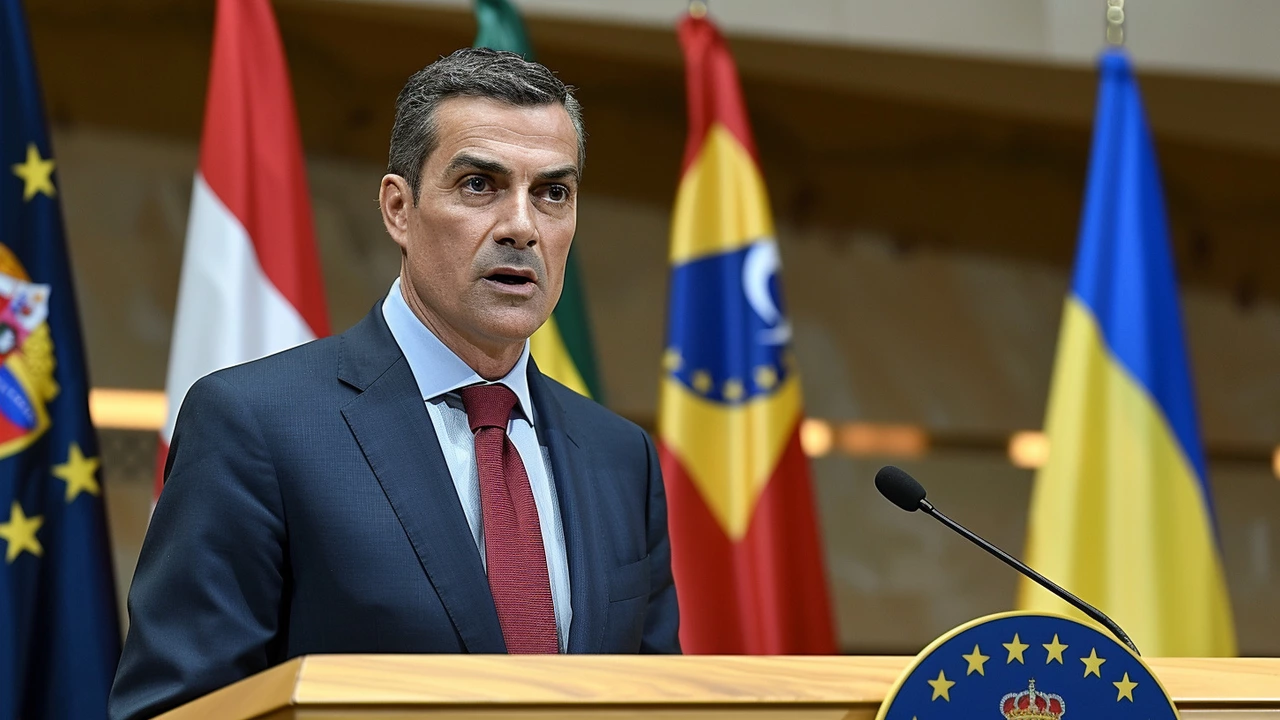Middle East Peace: Simple Steps Toward Lasting Stability
When you hear "Middle East peace" you might picture endless negotiations and complex history. It can feel overwhelming, but breaking it down into clear actions helps anyone understand what’s really happening.
First, look at the core issues: borders, security, water, and the rights of different groups. Each piece matters, and ignoring one stalls the whole process. The good news is that recent talks have started to address these topics one by one, rather than trying to solve everything in a single sweep.
Why Dialogue Matters More Than Ever
People often ask, "Why keep talking when violence still erupts?" The answer is simple – dialogue creates a safety net. When leaders sit down, they can set up immediate cease‑fires that keep civilians out of the crossfire. Those short pauses give humanitarian groups a chance to deliver aid and rebuild trust.
Think of it like a traffic jam. If every driver tries to go around the blockage at once, you get more crashes. But if everyone moves a little, the jam clears faster. The same logic applies to peace talks: small, coordinated steps clear the road for bigger progress.
Practical Steps That Lead to Real Change
1. Local confidence‑building measures – joint economic projects, shared water management, and cultural exchanges show people they can work together.
2. International guarantees – third‑party countries or organizations can monitor agreements, making sure both sides stick to the rules.
3. Inclusive negotiations – bringing women, youth and minority representatives to the table widens the perspective and reduces the chance of future grievances.
When these pieces click, the peace process gains momentum. For example, a recent cross‑border market opened between two neighboring regions, allowing traders to sell goods without heavy checks. That market not only boosts the local economy but also creates daily interactions that humanize the "other side".
Another concrete move is the joint water‑conservation program. Water scarcity fuels conflict, so sharing technology and resources turns a potential flashpoint into a collaboration point. Farmers on both sides report higher yields and less tension during the planting season.
Finally, keep an eye on the role of media. Balanced reporting helps cut down misinformation that can reignite old hatreds. Community radio stations that broadcast in multiple languages have started to feature stories of cooperation, shifting the narrative from "us vs. them" to "we all live here".
In short, Middle East peace isn’t a single event; it’s a series of everyday actions that add up. By supporting dialogue, building local projects, and ensuring fair oversight, the region can move from fragile cease‑fires to lasting stability. It starts with small steps, but those steps pave the way for bigger, lasting change.
